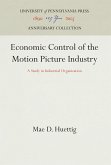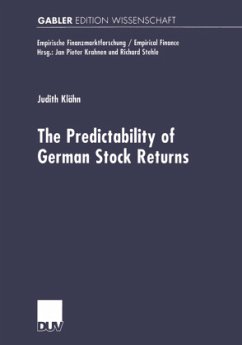This book deals with the economic impact of several legal regulations on the German film industry, focusing in particular on the effects of three pieces of legislation central to Germany`s public debate on film politics.The legislation considered is the Film Act (Filmförderungsgesetz - FFG), the amendments to the Copyright Law (Urheberrechtsgesetz - UrhG), and the Inter-State Agreement on Broadcasting (Rundfunkstaatsvertrag - RStV). The inquiry examines how these statutes affect economic efficiency. In addition, major market and institutional characteristics of the German motion picture industry are studied. Key topics: A broadly disposed regression analysis of the determinants of success of German movies (in terms of admission numbers and profits). A seminal economic analysis of interactive product placements in the age of media convergence.







